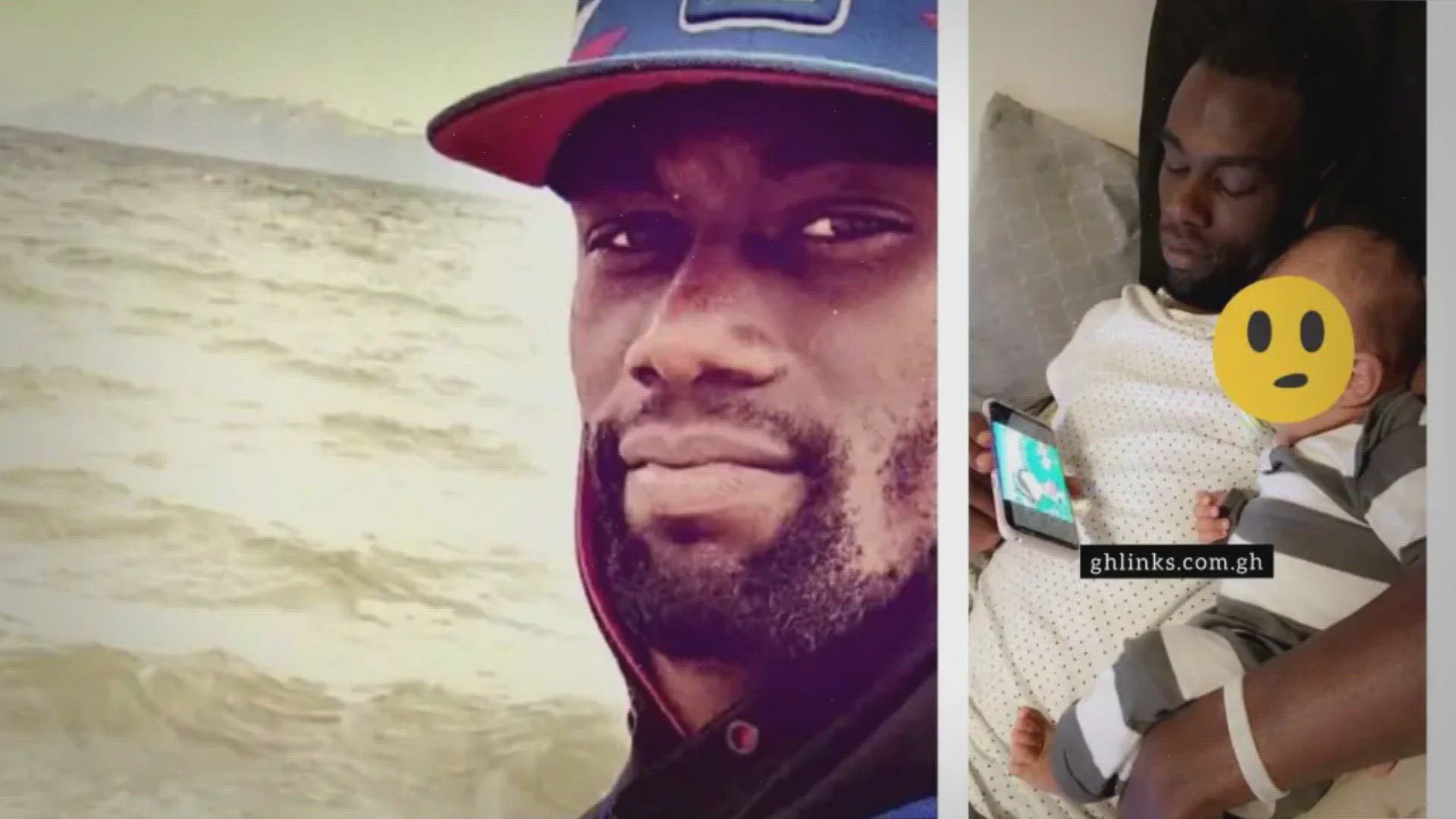What Happened to the ACLU by Helen Andrews.Helen Andrews The limits of anti-discrimination in Australia

What Happened to the ACLU?by Helen Andrews.Helen Andrews The limits of anti-discrimination in Australia.Let’s find out more here: cupstograms.net.As the American Civil Liberties Union (ACLU) has evolved over the years, its commitment to impartial liberalism has waned, giving way to a new generation of “woke” lawyers who prioritize identity politics over traditional civil liberties. This shift is evident in the organization’s social media accounts, which now weigh in on issues unrelated to civil liberties and often take a partisan stance. The ACLU’s hiring spree of Millennials and Zoomers, who are steeped in identity politics, has further solidified this new direction. The organization’s lawyers now prioritize the potential impact on marginalized communities and the promotion of equality and justice, rather than defending the rights of all individuals. This departure from its original principles has led to controversial positions, such as supporting the banning of books and advocating for the criminalization of certain ideas. The ACLU’s transformation reflects a broader trend in elite law schools, where students are increasingly hostile to dissenting views and view the Bill of Rights as a relic of white supremacy and patriarchy. This shift in ideology threatens the impartiality and integrity of the American justice system, mirroring the approach taken in Communist countries where membership in a favored class determines the outcome of trials. The ACLU’s transformation is a stark reminder of the dangers of prioritizing identity politics over fundamental civil liberties.
- Who Is Ilana Nunn Okafor? Emeka Okafor Wife
- Who is Juwan Johnson’s Wife Chanen:All About Chanen Johnson
- Jada Kingdom Shows Why She’s a Top Gamer and Chef
- Who is Jelly Roll Wife? Who is Bunnie XO? Discover ,Age, Career, Is Jelly Roll and Bunnie XO Together? Personal life, Height and Net Worth
- Leo vetri vizha watch online free: ‘Leo’ success meet: ‘Thalapathy’ Vijay sings ‘Naa Ready…’
The American Civil Liberties Union (ACLU) has undergone a significant transformation over the years, shifting from a staunch defender of liberal values to a more woke and politically biased organization. This evolution has had a profound impact on the organization’s approach to civil liberties and its role in society.
You are watching: What Happened to the ACLU by Helen Andrews.Helen Andrews The limits of anti-discrimination in Australia
The Rise of the ACLU
Founded in 1920 by Roger Baldwin, the ACLU initially stood as a champion of civil liberties, advocating for free speech, religious freedom, and due process. During its early years, the organization had ties to the Communist Party and was seen as a progressive force in American society.
A Shift in Ideology
However, the ACLU’s ideological stance began to change in the late 1930s, particularly after the Stalin-Hitler pact. The organization purged Communists and sympathizers from its leadership, distancing itself from its previous association with radical left-wing ideologies.
The ACLU’s Commitment to Liberalism
Throughout the middle decades of its existence, the ACLU remained committed to sincere liberalism. It defended the rights of marginalized communities, fought against discrimination, and even took on cases that went against its own institutional stance, such as defending the free speech rights of pro-life activists.
A New Generation and a Shift in Priorities
In recent years, the ACLU has experienced a significant shift in its priorities and values. The organization has embraced identity politics and has become more focused on promoting social justice causes rather than upholding traditional civil liberties.
The Impact of Wokeness on the ACLU

This shift towards wokeness has led the ACLU to take positions that go beyond the realm of civil liberties. The organization has weighed in on issues that do not directly involve civil liberties and has even engaged in political advocacy, spending millions on political ads and taking sides in partisan debates.
The Erosion of Professional Standards
One of the consequences of this shift is the erosion of professional standards within the ACLU. The organization’s new hires, often influenced by identity politics, prioritize their own ideological agendas over the principles of neutrality and duty that were once central to the legal profession.
The Need for Restraint and a Return to Professionalism
Regardless of political affiliation, there is a need to restore professional standards within the ACLU and the legal profession as a whole. These standards ensure that professionals act in the best interests of their clients and maintain a sense of neutrality and duty.
While it may be challenging to revive the neutral liberalism of the past, it is crucial for conservatives and liberals alike to advocate for a return to professional standards. This will help prevent the ACLU and other organizations from becoming vehicles for political agendas and ensure that civil liberties are protected for all.
See more : Kollam Tulasi accused: My wife is the one who filed the lawsuit against me
The Early Years: Communist Influence
Communist Ties and Soviet Praise
During its early years, the ACLU had close ties to the Communist Party and was seen as a progressive force in American society. Its founder, Roger Baldwin, had a brief engagement with Anna Louise Strong, a prominent author who defended the Russian Bolsheviks and Chinese Maoists. Baldwin himself visited the Soviet Union and returned with praise for the communist regime. The organization’s board of directors was filled with party members and sympathizers, reflecting its alignment with communist ideologies.
The Purge of Communists
However, the ACLU underwent a significant transformation in the late 1930s. The organization purged Communists and their sympathizers from positions of leadership, distancing itself from its previous association with radical left-wing ideologies. This purge was a response to the Stalin-Hitler pact and marked a turning point in the ACLU’s history. The organization sought to redefine itself and move away from its earlier alignment with communism.
The ACLU as a Defender of Liberalism
Defending Free Speech Rights

Throughout its history, the ACLU has been a staunch defender of free speech rights. The organization has consistently fought against censorship and restrictions on expression, recognizing the importance of robust and open dialogue in a democratic society. Whether it’s defending the rights of controversial speakers or challenging government attempts to silence dissent, the ACLU has been at the forefront of protecting the First Amendment.
Supporting Reproductive Rights and LGBTQ Activism
In addition to its commitment to free speech, the ACLU has been a strong advocate for reproductive rights and LGBTQ activism. The organization has played a pivotal role in landmark cases such as Roe v. Wade, fighting for a woman’s right to choose and access to safe and legal abortion. Similarly, the ACLU has been instrumental in advancing LGBTQ rights, challenging discriminatory laws and advocating for equal treatment under the law.
By championing these causes, the ACLU has demonstrated its unwavering commitment to liberal values and the protection of individual rights. The organization’s work has had a profound impact on shaping the legal landscape and ensuring that marginalized communities have a voice and equal opportunities in society.
The Shift Towards Wokeness
Change in Social Media Presence
In recent years, the ACLU has undergone a noticeable shift towards wokeness, deviating from its traditional role as a defender of civil liberties. This shift is evident in the organization’s social media presence, where it regularly weighs in on issues that extend beyond the realm of civil liberties. Instead of focusing solely on protecting individual rights, the ACLU now takes positions on matters that may not directly involve civil liberties, often aligning itself with progressive ideologies.
Political Ads and Selective Case Selection
Another indication of the ACLU’s shift towards wokeness is its engagement in political advocacy. The organization has spent millions on political ads, actively supporting and opposing candidates based on their alignment with its own ideological agenda. This departure from its traditional role as a non-partisan defender of civil liberties raises concerns about the organization’s impartiality and its commitment to upholding the principles of neutrality and fairness.
See more : Duane Martin Net Worth: Who Is Duane Martin? Who Allegedly Slept With Will Smith Biography
Furthermore, the ACLU’s case selection process has become more selective, prioritizing cases that align with its own values and political agenda. This approach deviates from its historical commitment to defending the rights of individuals and groups, regardless of their views or beliefs. The organization’s focus on the potential impact on marginalized communities and its emphasis on social justice issues have led to a narrowing of its scope and a departure from its original mission.
As the ACLU continues to embrace wokeness, it faces criticism for straying from its core principles and becoming more politically biased. This shift raises questions about the organization’s ability to effectively advocate for civil liberties and protect the rights of all individuals, regardless of their political affiliations or beliefs.
The Impact of New Hires and Elite Law School Culture
Identity Politics and Denigration of the Bill of Rights
The ACLU’s shift towards wokeness can be attributed, in part, to the influence of its new hires and the prevailing culture in elite law schools. Many of the organization’s recent recruits, who are often influenced by identity politics, prioritize their own ideological agendas over the principles of neutrality and duty that were once central to the legal profession. This has led to a denigration of the Bill of Rights, with some lawyers within the ACLU viewing it as a relic of white supremacy and patriarchy.
Pushing for Equality of Outcome over Equality before the Law

One of the consequences of this shift towards wokeness is the ACLU’s emphasis on pushing for equality of outcome rather than upholding the principle of equality before the law. The organization’s new generation of lawyers believes that certain groups should be given preferential treatment in order to address historical injustices. This approach undermines the fundamental principle of equal protection under the law and threatens to erode the spirit of equality that has been the cornerstone of our legal system for centuries.
The influence of identity politics and the prioritization of equality of outcome over equality before the law within the ACLU reflect a broader trend in elite law schools and legal circles. This shift not only undermines the principles of fairness and justice, but also threatens to undermine the credibility and effectiveness of the ACLU as a defender of civil liberties.
Restoring Professional Standards as a Means of Restraint
The Importance of Neutrality and Professional Ethics
Amidst the shift towards wokeness within the ACLU, there is a pressing need to restore professional standards as a means of restraint. Professional standards, rooted in the principles of neutrality and ethics, serve as a safeguard against the undue influence of personal biases and political agendas. By adhering to these standards, the ACLU can regain its credibility as a defender of civil liberties and ensure that its actions are guided by a commitment to fairness and justice.
Preserving the Ethos of Duty and Fiduciary Responsibility
Central to the restoration of professional standards is the preservation of the ethos of duty and fiduciary responsibility. Professionals, including lawyers, have a fiduciary duty to act in the best interests of their clients and uphold the highest standards of competence, diligence, and loyalty. By embracing this ethos, the ACLU can ensure that its actions are driven by a genuine commitment to the well-being and rights of those it represents, rather than being swayed by political ideologies or personal agendas.
Restoring professional standards within the ACLU and the legal profession as a whole is crucial for maintaining the integrity of the justice system and upholding the principles of fairness and impartiality. By returning to these standards, the ACLU can reclaim its role as a non-partisan advocate for civil liberties and regain the trust of the public.
The American Civil Liberties Union (ACLU) has undergone a significant shift in recent years, moving away from its impartial liberalism and embracing identity politics. The organization’s social media accounts now weigh in on issues that don’t necessarily involve civil liberties, and it has even produced political ads for specific candidates. The new generation of ACLU lawyers, influenced by identity politics, prioritize certain rights over others and view the Bill of Rights as a relic of white supremacy and patriarchy. This shift has led to a departure from the organization’s original mission and principles.
Source: https://cupstograms.net
Category: Celebrity



